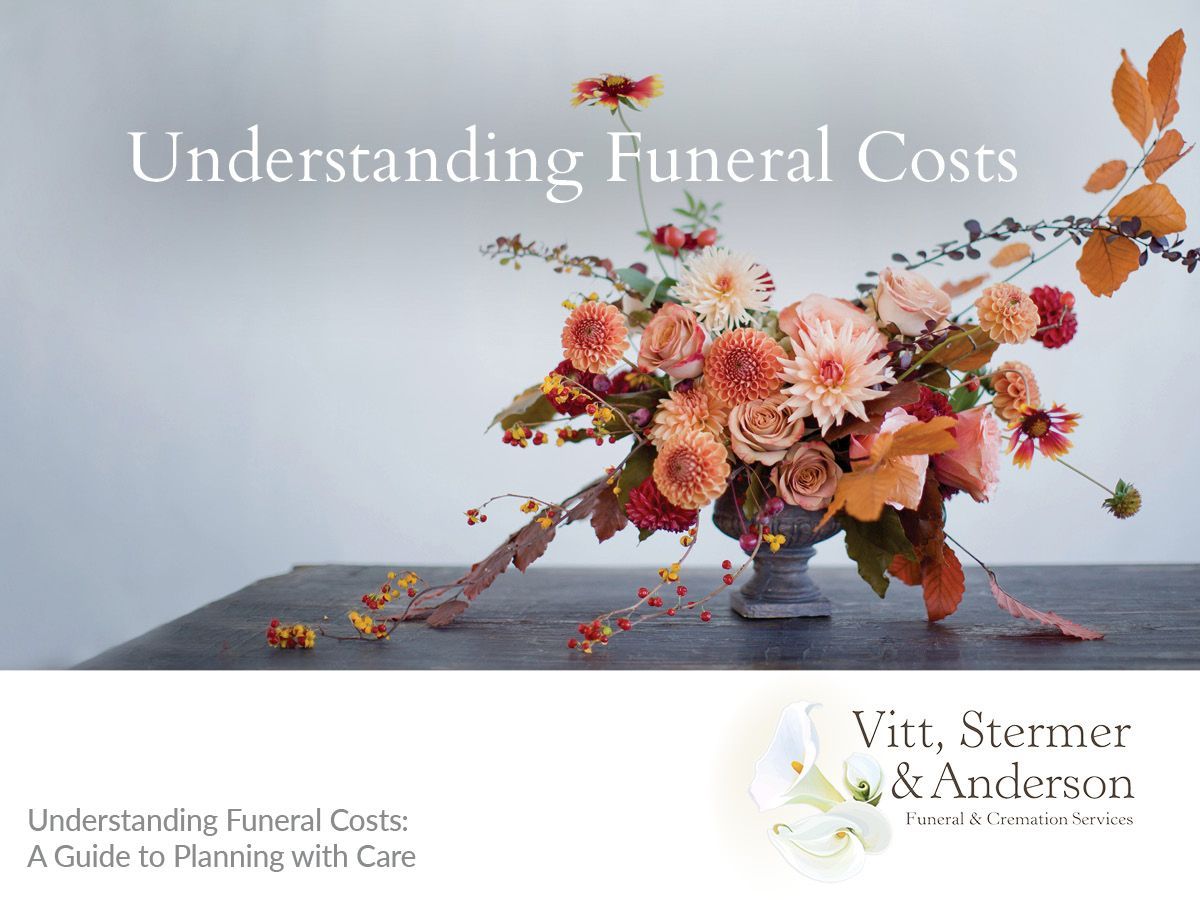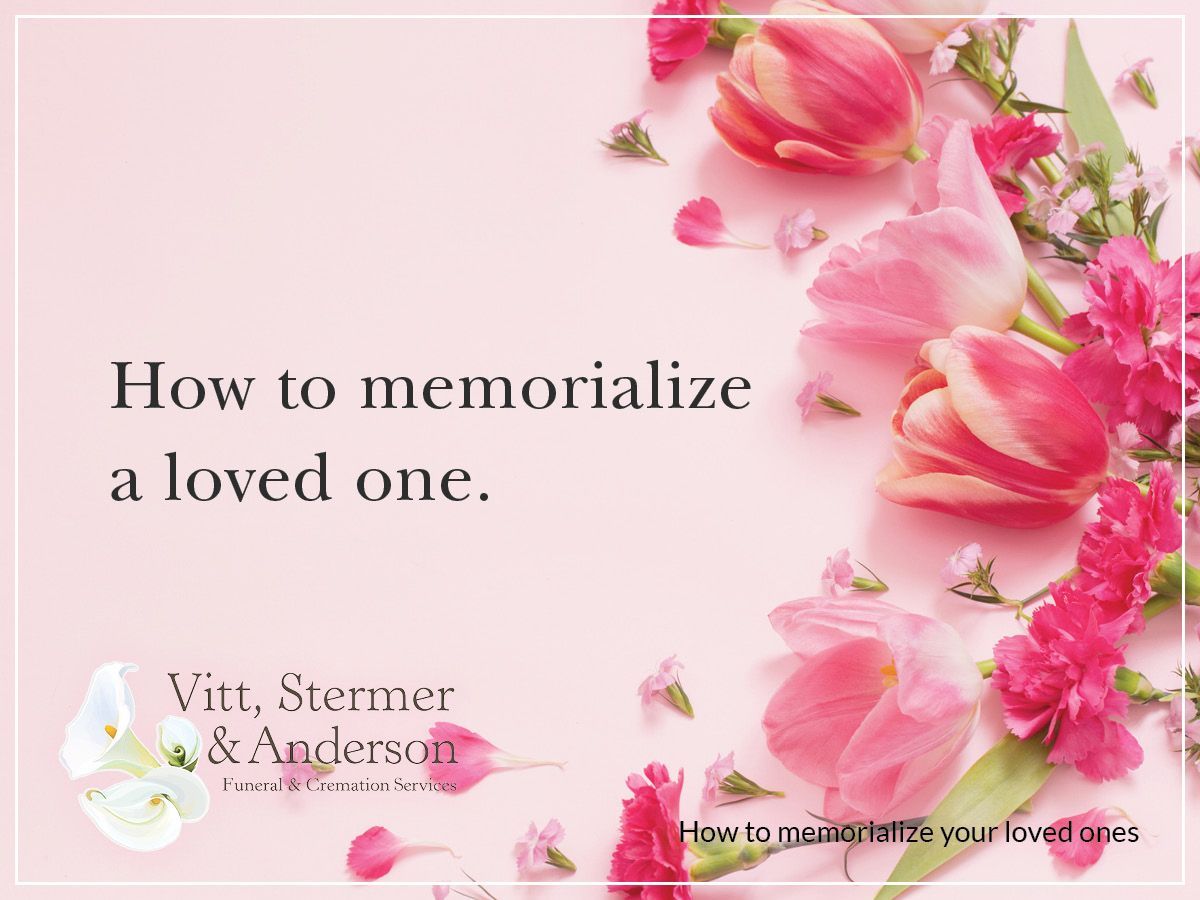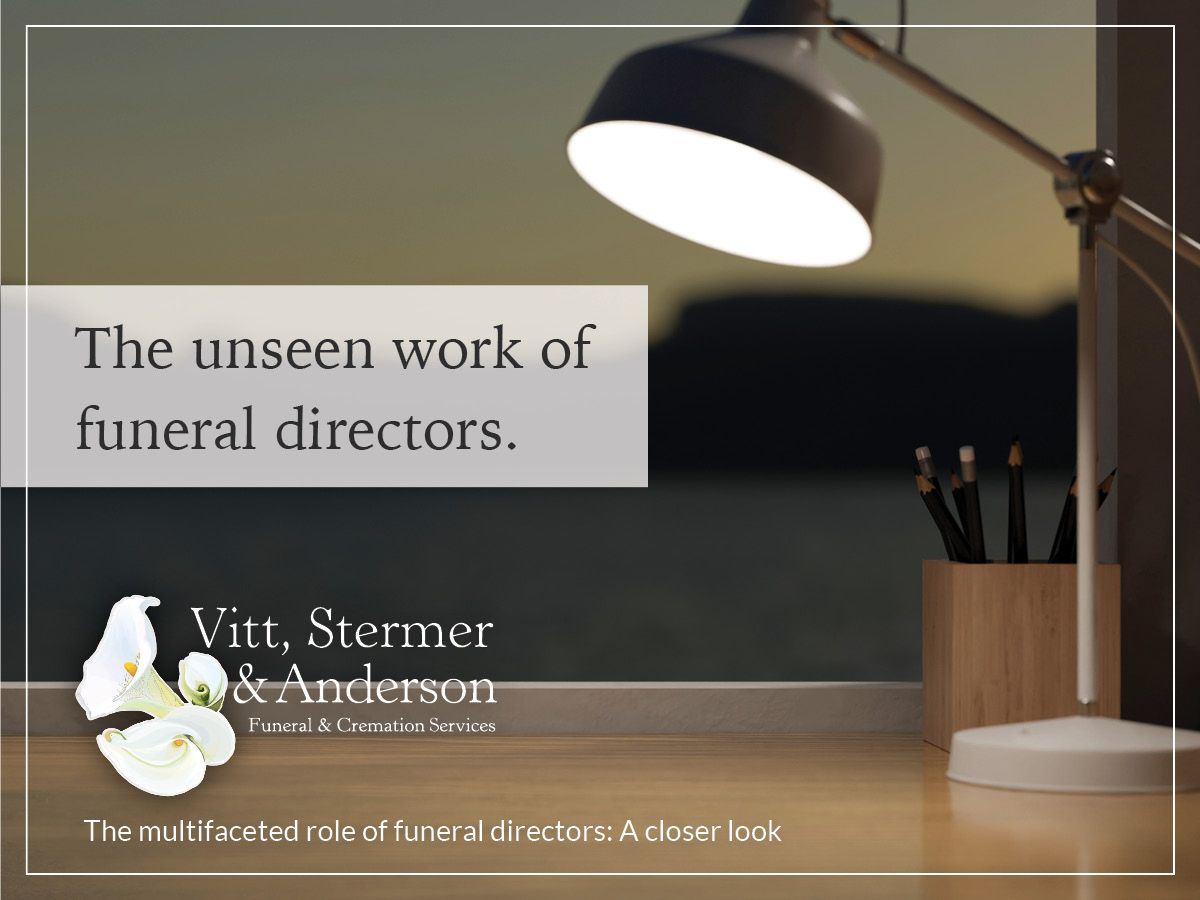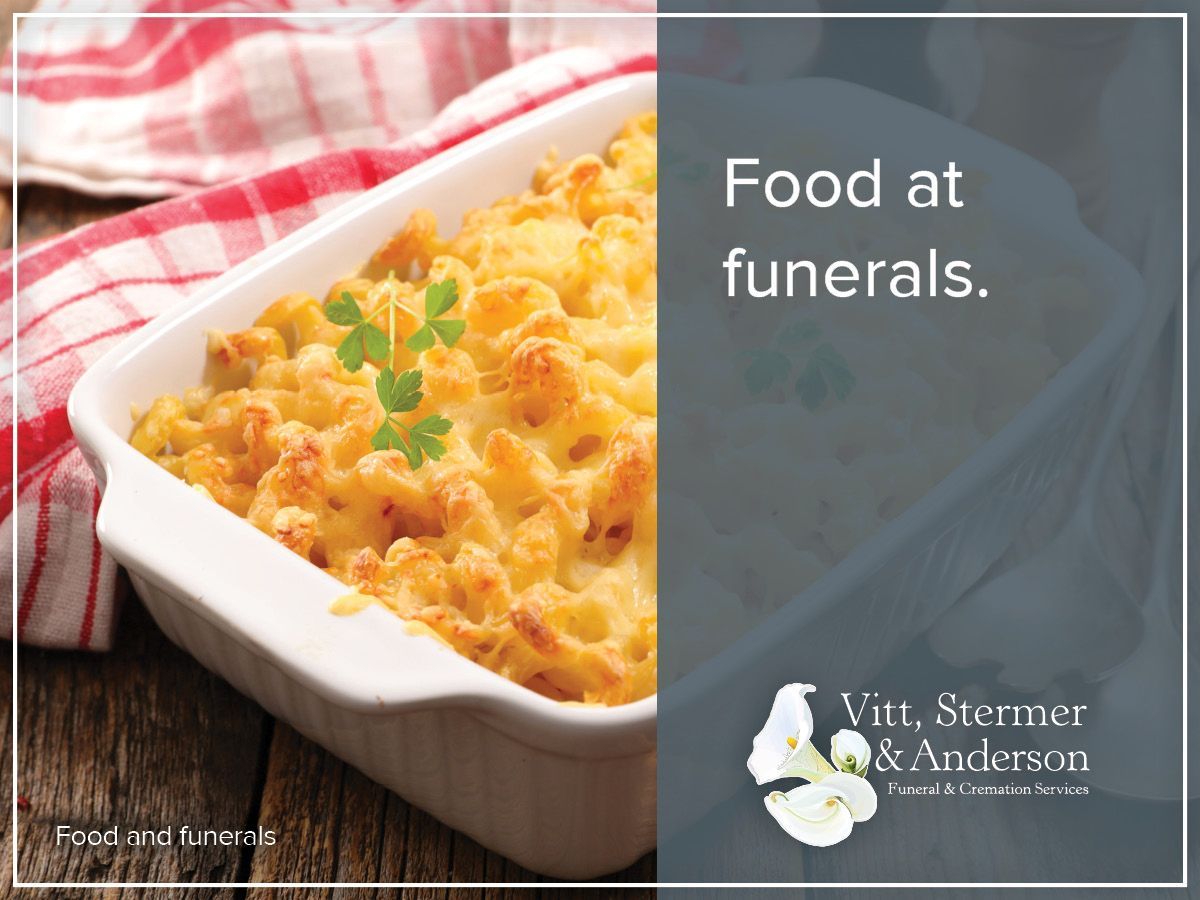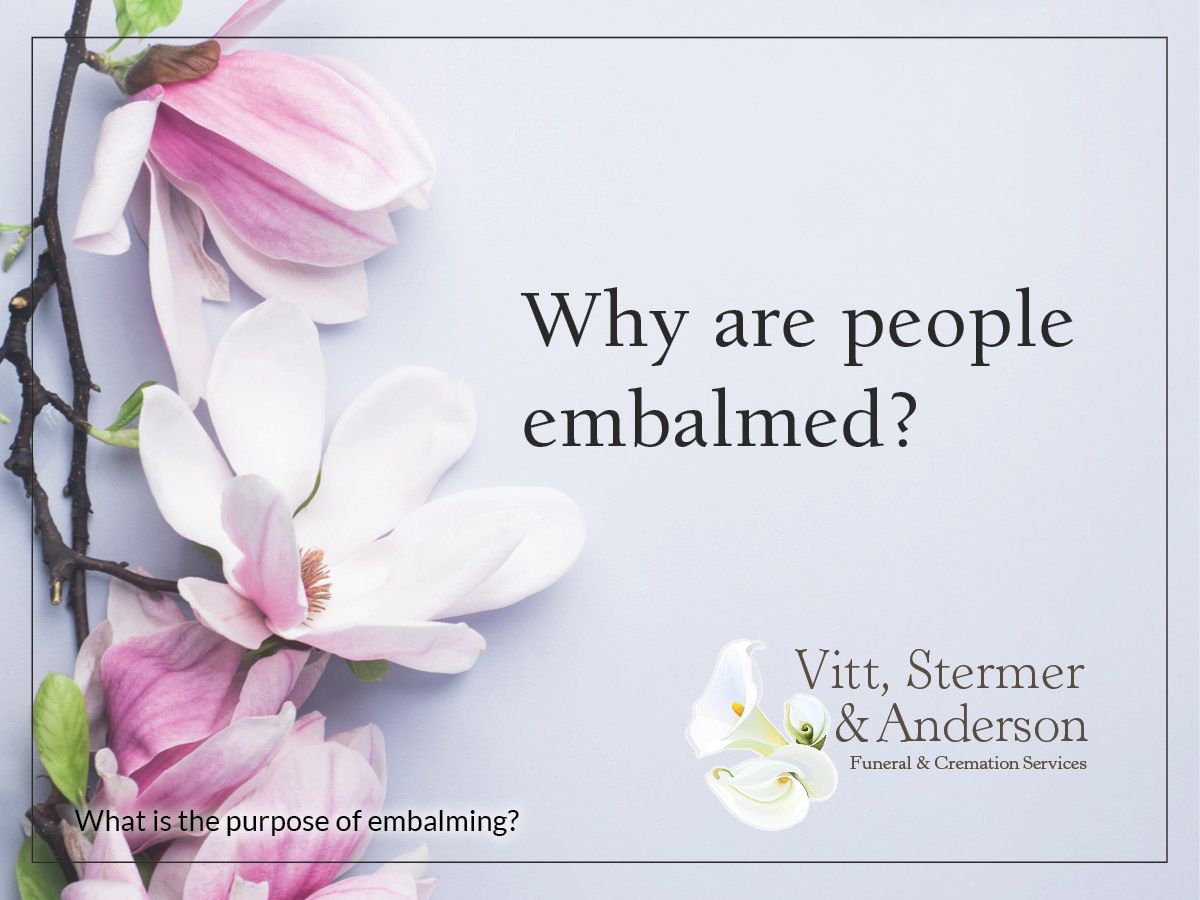When Should I Start Thinking About Planning My Own Funeral?
Not everyone preplans their funeral, but doing so is a gift to your loved ones. By doing so, you’re allowing your family to grieve in peace without having to worry about the hundreds of decisions that accompany the funeral-planning process. You’re also giving your family peace of mind by telling them your wishes for your funeral and final disposition. Since they know what you would have wanted, they won’t have to worry about whether or not they’re making the right choices.
But at what age should you start planning your funeral? You may not be thinking about your funeral at a young age, but you may want to consider planning earlier than you think you should.
What age is the right age to plan your funeral?
There’s no wrong time to preplan your funeral, though it’s worth considering if you’re at an age where you can truly comprehend the complexity of loss and passing. A child, for instance, may not be able to understand the questions that will be asked of them when it comes to funeral planning. However, people as young as 18 may benefit from making some decisions regarding what they’d like to happen in the event of their passing.
But much like writing a will, funeral planning doesn’t have to be set in stone with its first iteration. If you preplan your funeral in your 20s and a major life change, such as having a child, makes you want to change your planning in your 30s, your chosen funeral home will work with you to make those adjustments. There’s no deterrent to planning your funeral at a younger age because you can continue to add to or adjust these plans as you grow older.
Research suggests that one of the primary reasons why people choose to preplan at a younger age is because they’ve lost a loved one or experienced having to plan a funeral for a loved one. Having seen the difficulty of planning a funeral while dealing with grief, these preplanners opted to ensure that their own loved ones would not have to undergo the same experience. On the other hand, many preplanners decided to make arrangements in advance because their experience was made easier by their loved one having preplanned. Regardless of whether a loved one preplanned or not, it seems that the loss of a loved one at a younger age triggers people in their 20s and 30s to decide to start thinking about their own eventual passing.
Preplanning at a young age also helps you to get a better idea of finances that your family will be able to use in the event of your passing. By getting a more complete picture of funeral and final disposition costs, you’ll be able to better organize funds for the funeral you want. It’s a good idea to consider funeral payment plans early. For instance, you may want to start putting funds into an account early so that you can continue to save up for the funeral and final disposition you desire. By funding such an account, you’re preventing your family from having to worry about costs later on.
You can also talk to your funeral director about what kinds of payment plans your chosen funeral home offers. The arrangements you make and the payment plans are both transferable, meaning that you don’t have to be concerned over all your planning going to waste. If you decide to work with another funeral home or if your family needs to hold your funeral at another location, your plans will be able to be moved.
While preplanning your funeral early may be beneficial, that’s not to say that you shouldn’t preplan if you’re of a more advanced age. Regardless of when you preplan your funeral, you’re helping your family before their time of need. Many people preplan their funeral when they know that they will soon pass, such as when they’re diagnosed with a terminal illness. Although planning close to the time when you may pass gives you less time to get your affairs in order, any plans that you do make, as well as any prepayments you make, will benefit your family after you pass.
The question of when you should start planning your funeral is difficult to answer because the answer is most often as soon as you’re able. There’s no right age to begin planning. Whether you’re 30 or 60, making arrangements for your funeral will help out those you’ll leave behind, giving them a blueprint for your final wishes. They’ll be able to grieve with fewer decisions to make and fewer questions filling their minds. Only you can decide if you’re ready to preplan, but if you do decide to do so, know that you’re giving a wonderful gift to the people you love.

